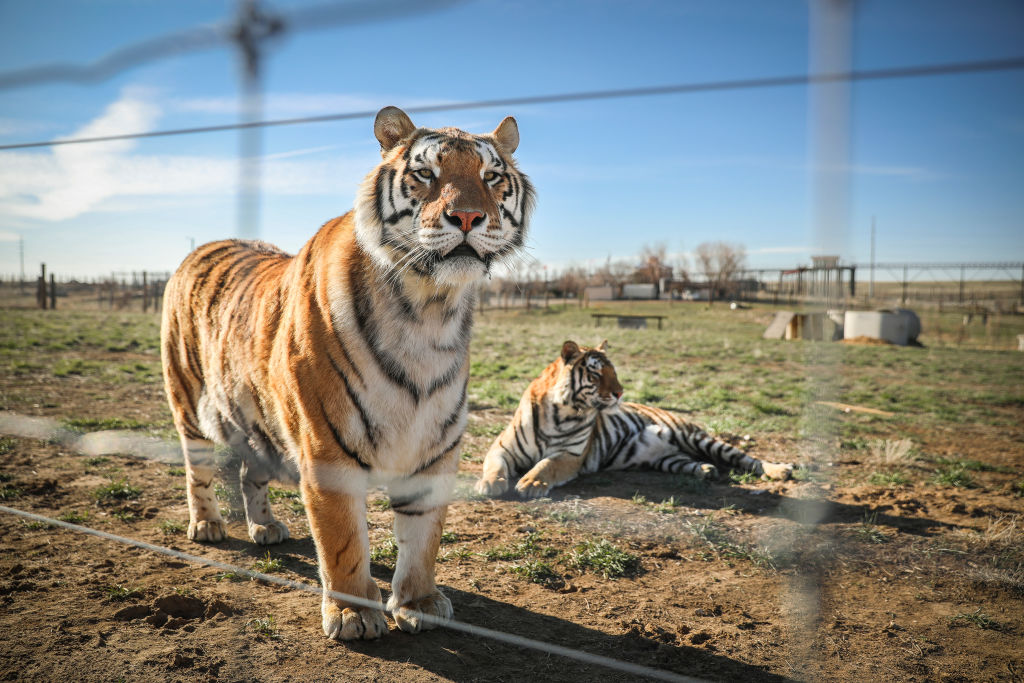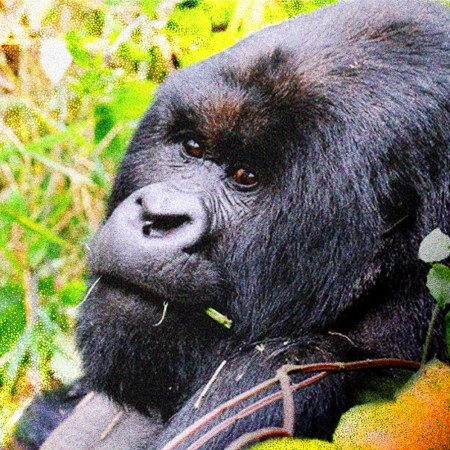Countless viewers tuned in to the true-crime series Tiger King while self-isolating due to the coronavirus. While calling the series “escapist” wouldn’t be accurate, the show’s most gripping qualities made it an invaluable quarantine watch for many. So too was it, for many viewers, a way to think about something other than the coronavirus — even if it was a surprisingly dramatic subculture.
But now, the world depicted in Tiger King has come into contact with the coronavirus, and it’s happened in a particularly unnerving way.
At The Washington Post, Jennifer Oldham reports on an animal sanctuary that’s currently facing financial distress as a result of the coronavirus. The Wild Animal Sanctuary, located in Colorado, is receiving fewer donations (both in terms of food and in terms of money) than usual due to the pandemic. In 2017, the sanctuary took in 39 of the tigers that had previously resided in a zoo operated by Joe Exotic.
Oldham writes that the Wild Animal Sanctuary is one of the world’s largest such spaces dedicated to exotic animals. It has two locations in Colorado, where a total of 550 animals live. And according to founder Pat Craig, they have quite an appetite:
The animals consume as much as a small city — up to 80,000 pounds of food a week, including roasts, raw eggs, blueberries and cucumbers. The facility relies on $700,000 in donated groceries a month to feed its charges, Craig said.
Craig told the Post that the sanctuary’s food supply should rise to about 75% of capacity for April — an improvement over March, but one that presents the sanctuary with a substantial hurdle to overcome. The organization is still taking animals in; last year, they took in a total of 204. They’re a space doing important work; hopefully, they’ll be able to find a solution to their current dilemma.
Subscribe here for our free daily newsletter.
Thanks for reading InsideHook. Sign up for our daily newsletter and be in the know.


















